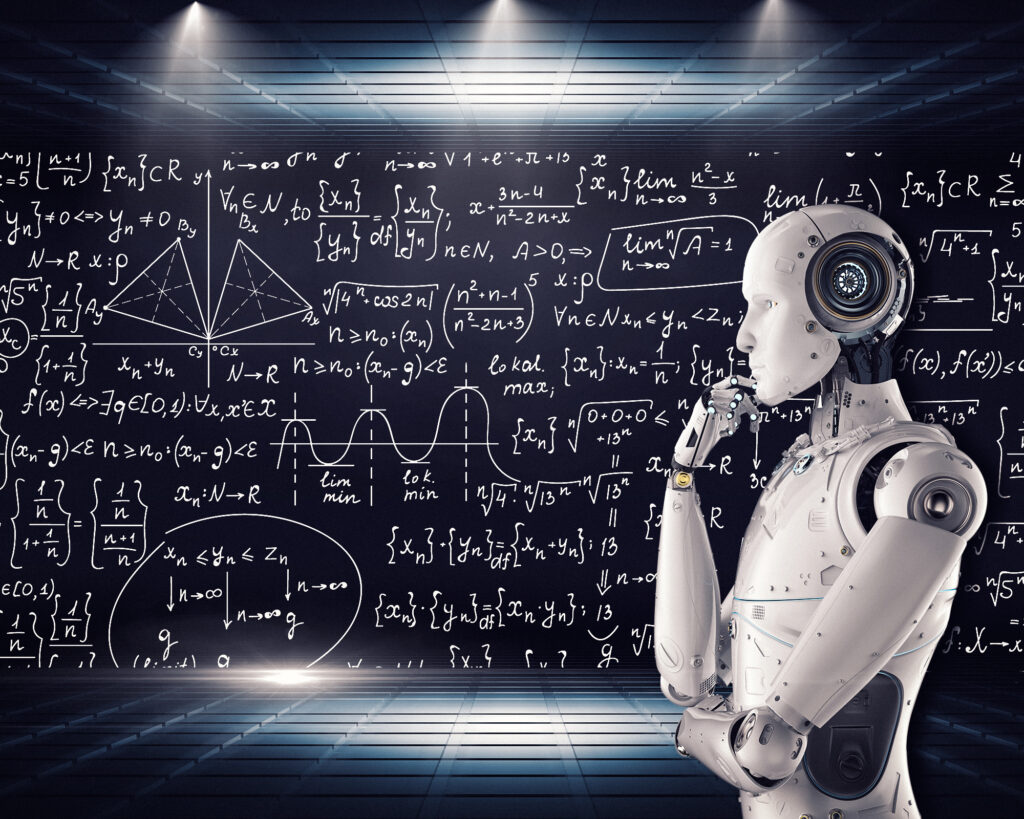- HOME
- About Us
- COURSES
- Campus Life
- Gallery
- Blogs
- Events
- Contact
Future Scope of Machine Learning and its algorithms

Introduction:
Machine learning has revolutionized various industries with its ability to analyze vast
amounts of data and make accurate predictions. As technology continues to advance, it is essential to
stay updated on the latest trends in machine learning algorithms. In this blog, we will explore the future
of machine learning algorithms and their potential impact on different sectors.
Evolution of Machine Learning Algorithms: Machine learning algorithms have come a long way,
from traditional methods like linear regression to more advanced techniques such as deep learning and
reinforcement learning. The future holds even more exciting possibilities for algorithm development,
including:
Generative Adversarial Networks (GANs): GANs have shown immense potential in generating
realistic images, videos, and audio. They can be applied in various domains like entertainment, fashion,
and virtual reality.
Transfer Learning: Transfer learning allows models trained on one task to be repurposed for another
task with minimal additional training. This technique enables faster model development and
deployment across different domains.
Explainable AI: As machine learning becomes more prevalent in critical decision-making processes,
there is a growing need for transparency and interpretability. Explainable AI aims to provide insights into
how models make predictions, ensuring accountability and trustworthiness.

Trends Shaping the Future of Machine Learning: The future of machine learning is shaped by
several key trends that are expected to have a significant impact on businesses and society as a whole:
Edge Computing: With the rise of Internet of Things (IoT) devices, processing data at the edge has
become crucial. Machine learning algorithms optimized for edge computing enable real-time analysis
without relying heavily on cloud infrastructure.
Federated Learning: Privacy concerns have led to the emergence of federated learning, where models
are trained locally on user devices without sharing sensitive data. This approach ensures data privacy
while still benefiting from the collective intelligence of a distributed network.
Automated Machine Learning (AutoML): AutoML simplifies the machine learning process by
automating tasks such as feature engineering, model selection, and hyperparameter tuning. This trend
democratizes machine learning and makes it accessible to non-experts.
Impact on Industries: Machine learning algorithms are poised to transform various industries
in the future:
Healthcare: Advanced algorithms can analyze medical images, predict disease progression, and assist in
personalized treatment plans. This technology has the potential to improve patient outcomes and
reduce healthcare costs.
Finance: Machine learning algorithms enable fraud detection, credit scoring, and algorithmic trading.
These applications enhance risk management strategies and optimize financial decision-making
processes.
Manufacturing: Predictive maintenance using machine learning algorithms helps identify equipment
failures before they occur, reducing downtime and improving operational efficiency.
Conclusion: The future of machine learning algorithms holds immense potential for innovation across
industries. As we continue to explore new techniques like GANs, transfer learning, and explainable AI,
businesses can leverage these advancements to gain a competitive edge. Embracing trends such as edge
computing, federated learning, and AutoML will unlock new opportunities for growth and
transformation. Stay updated with the latest developments in machine learning algorithms to harness
their full potential in shaping our future.

